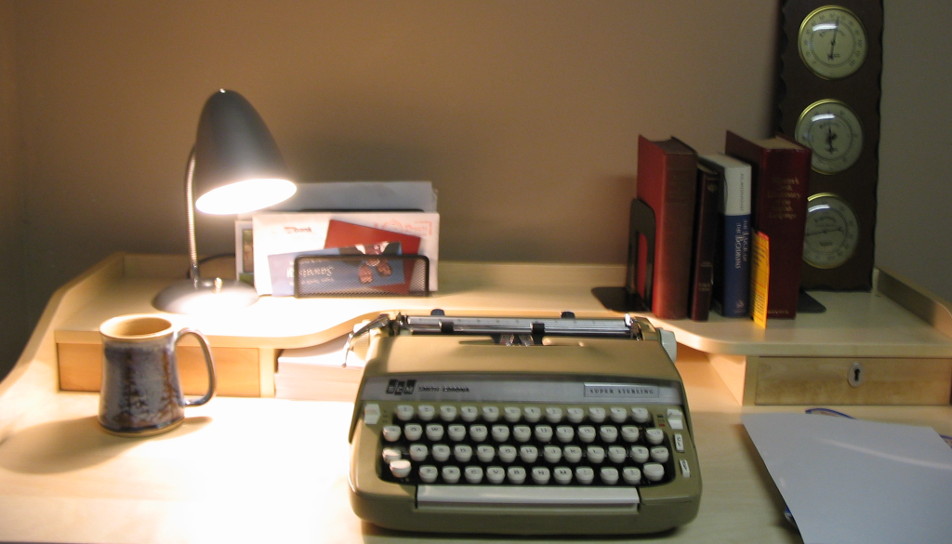
Optimising Your Productivity
The CEO’s insight on how to optimise your productivity, both in the workplace and out.
Most start-ups I know have embraced and embedded a data-driven culture.
The effectiveness of new product features and marketing channels are rigorously tested and quantified before being rolled out. Then once adopted they are subjected to ongoing data driven optimisations.
It seems we’ve used this data driven approach to optimise the performance of nearly every aspect of our businesses. However, there is one glaring omission, something that has a bigger impact on our success than anything else: Our own performance.
How many people can honestly say they have good data on what their requirements for optimal performance are?
The web is full of hints and tips; last week I saw ‘7 top tips for productivity’ and ‘1 thing these 50 top CEO’s all have in common’ but I’ve never read an article on testing what works for you. We’re smarter than this now, at Facebook they say code wins arguments, if they’re not sure if something will work they test to get a definitive answer. This is the approach we should use to optimise our own performance.
I started using a data driven approach to optimise my own performance two years ago. I could never find the time to exercise and just accepted that it was par for course as a founder of an early stage start-up. Reading that President Obama exercised every day made me question my rationale. Surely if he can find the time I must be able to I thought. Perhaps if I exercised I’d actually get more done, even though I lost an hour’s work time.
I decided optimal performance for me was down to three things: 1) My ability to get things done, 2) My clarity of thought and decision making, and 3) How positively I influence my team.
I worked out a scoring mechanism for each of the three metrics, and put 10 envelopes in my bedside locker, five with Exercise written inside, and 5 with No exercise. Each morning I’d open an envelope, follow the instructions and record my performance at work. After a couple of weeks of testing my performance with and without exercise we had a clear winner. In the past I couldn’t justify the time to exercise and now I feel that I’ve got a duty to my team and business to help me be a better CEO.
Since then I’ve ran numerous tests on how long I sleep for, what time I start and stop work, where I work, and how I structure my day, which gives me a pretty clear idea of what the conditions needed for optimal performance are. Of course, knowing what you need to do for optimal performance and doing it every day are not the same thing, but it’s a great start.
